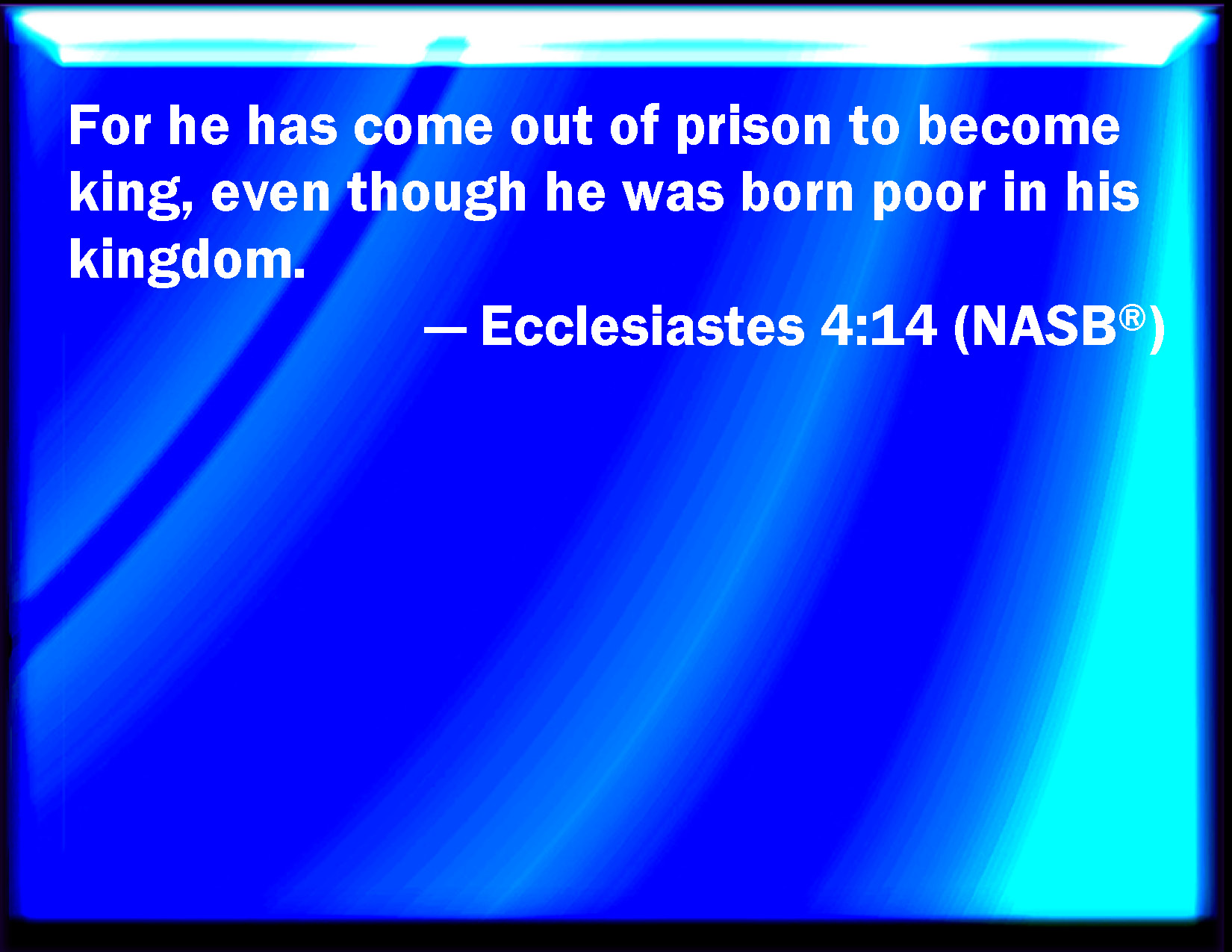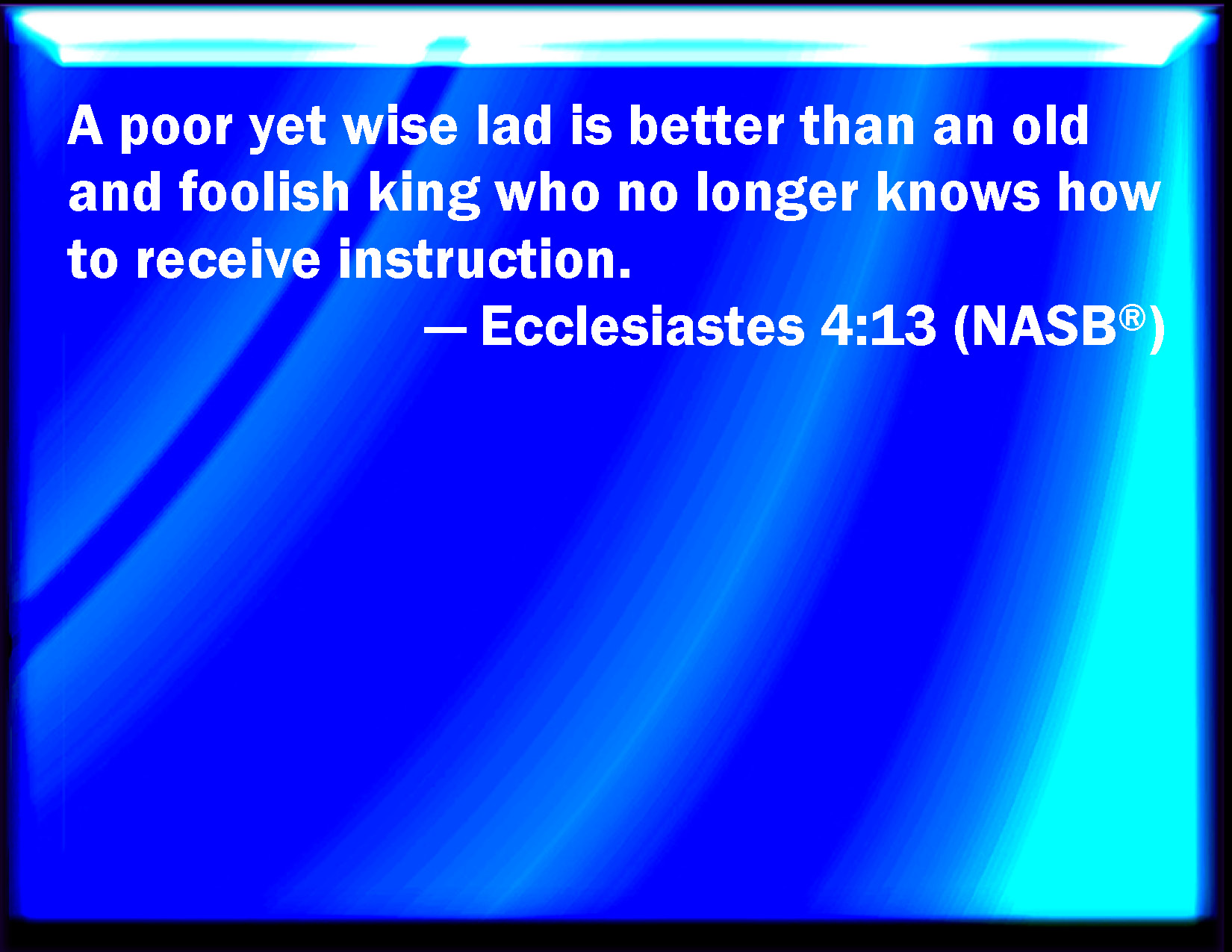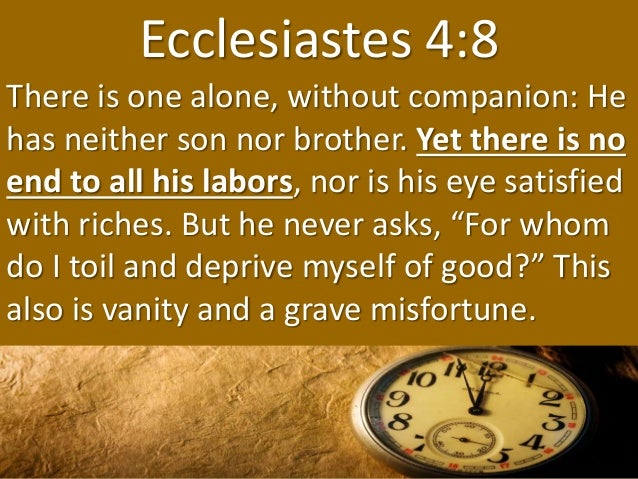
It’s been a difficult couple of weeks, physically. If you’ve been with me for any length of time, you are aware that I have a deteriorating back. I just call it “old woman’s back.” 🙂 Saves going into lots of boring detail.
I had an epidural injection on June 10, and it did really well for me except for something called radiculitis, which radiates from L4 and L5 outward to my right hip area. The pain comes from herniation of both those vertebrae, which pinches the nerves and makes them really ticked off. So they scream and whine and carry on and keep me from doing much of anything.
Desperate for relief, I called my pain team (really good guys who actually listen!) and told them I had very little time before we’re supposed to get on an airplane and fly to England. They chose to put me on a step-down Prednisone pack. I started using it Wednesday, and will finish it tomorrow.
Can I tell you how much I hate the side effects of Prednisone? This much:

I gain a pound every day I’m taking it. I live in the bathroom. I’m wired up so it’s hard to sleep.
BUT! It IS working, and today I was able to stand up from bed without gasping and crying. I’ve been using my walker all week, and still did this morning even though I think I’d have been okay with just my cane. I’m walking fairly comfortably for the first time in over a week.
There’s this little glimmer of hope. Maybe I’ll get on the airplane without having to be hoisted up there with a crane 🙂
Lots of people have been praying for me this week. There are no ugly side effects from prayer. There is a peace that comes from knowing that friends are going to the Great Physician in my behalf. Prayer is more powerful than Prednisone, but put the two of them together, and I’m getting the best treatment there is.
If you have been praying for me, bouquets of roses to you! I can never tell you how thankful I am for the prayers of the saints that are a sweet aroma to the Lord.








